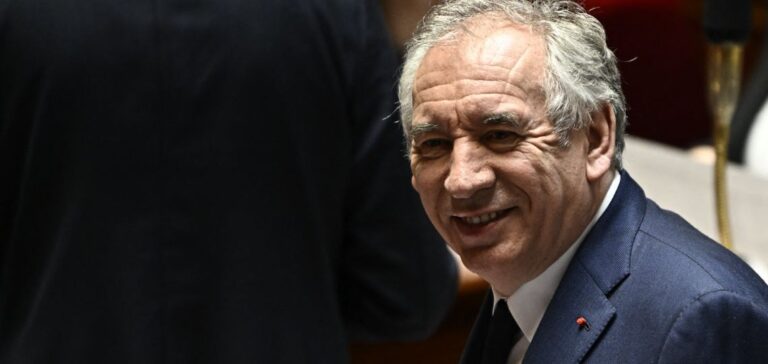A group of over 160 senators, mainly from the Les Républicains and Union centriste parties, has sent a letter to Prime Minister François Bayrou, urging him to abandon the publication of the Multi-Year Energy Programme (PPE 3). These lawmakers believe that the project lacks clarity and does not address France’s energy challenges for the coming years. According to them, the future roadmap, which is currently being finalised, does not present a coherent and comprehensive vision of the country’s energy sector, making it difficult to adopt without a thorough revision.
Criticism of the PPE 3’s trajectory
The senators who signed the letter express their concerns regarding the content of PPE 3, which covers the period from 2025 to 2035. They deem the project insufficiently documented, particularly with regard to managing energy demand and supply. The proposal also lacks a detailed analysis of the overall economic impact of the energy policy choices. The signatories lament the absence of concrete measures and foresee that the current decisions could have uncertain consequences on the balance between different energy sectors, especially solar energy and renewables.
Call for greater parliamentary involvement
The senators also criticise the lack of consideration given to parliamentary work in the development of this programme. They remind that the Senate adopted a bill on the national energy programme and conducted an inquiry into electricity prices, but these efforts seem to have been ignored in the current version of the PPE. This lack of consultation, according to them, denies the national representation an opportunity to engage in a critical issue for the country’s future energy.
The objectives of PPE 3 and the public consultation
The government plans to adopt PPE 3 through a decree, with an anticipated publication by early April 2025, following a public consultation launched in late 2024. This consultation aimed to identify potential improvements to the project before its finalisation. However, the senators believe that the consultation did not significantly evolve the project. Once adopted, PPE 3 is expected to set goals for reducing fossil fuels in France’s energy consumption, lowering their share from 58% in 2023 to 42% in 2030 and 30% in 2035.
Revision needed according to lawmakers
The senators insist on the necessity of revisiting this roadmap to allow Parliament to decide on the direction for the country’s energy mix. They stress that the energy transition, a crucial issue for France’s future, should not be decided without an in-depth parliamentary debate. At present, the current programme appears poorly suited to such ambitious objectives, leaving the risk of a deadlock on certain technological transitions needed for carbon neutrality.






















